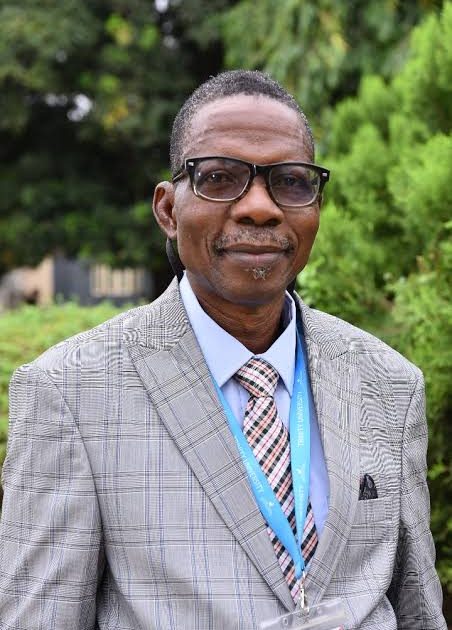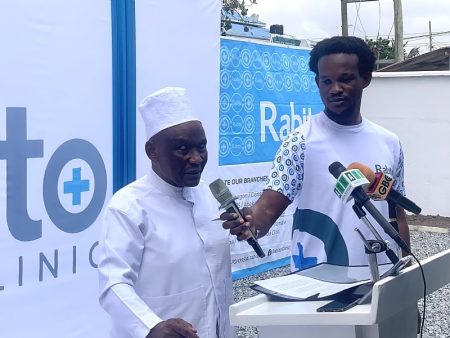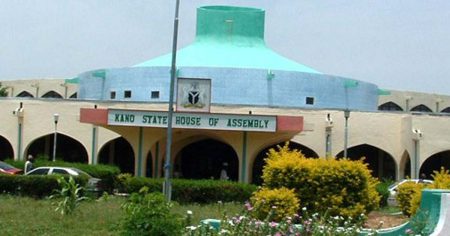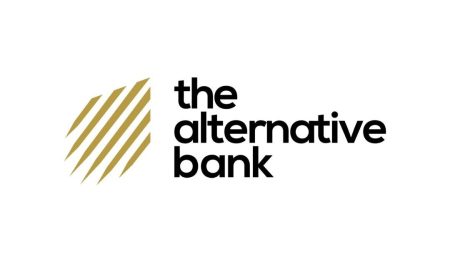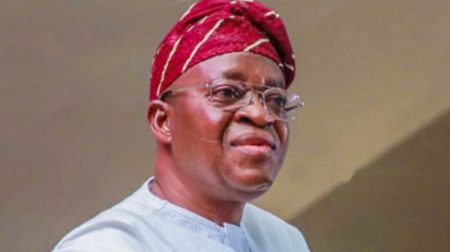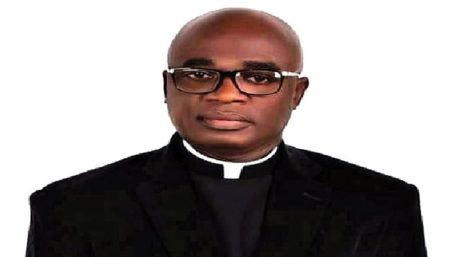Professor Clement Kolawole, Vice Chancellor of Trinity University, has advocated for a significant shift in the allocation of funds generated by the Joint Admissions and Matriculation Board (JAMB). He argues that the surplus revenue accumulated from the Unified Tertiary Matriculation Examination (UTME) application fees should be redirected back to universities rather than remitted to the federal government. This proposition stems from the belief that such a reallocation would represent a more strategic and impactful utilization of resources, akin to bringing resources directly to the point of need. Professor Kolawole contends that this reinvestment in universities would be instrumental in bolstering research initiatives, funding vital projects, and enhancing infrastructural development within these institutions.
The Vice Chancellor’s argument centers on the principle that the funds generated from UTME applicants, who are ultimately prospective university students, should be channeled back into the very institutions they intend to join. He sees this as a logical and efficient use of resources, enabling universities to directly benefit from the funds generated by their prospective student pool. By reinvesting these funds, universities would be empowered to undertake crucial improvements and expansions, thus enhancing the overall quality of education they offer. Professor Kolawole maintains that this approach would create a more sustainable and effective funding cycle for Nigerian universities.
Further emphasizing the need for a more equitable distribution of educational resources, Professor Kolawole also champions the inclusion of private university students in the National Education Loan Fund (NELFUND). He contends that excluding these students from accessing the loan scheme is a form of discrimination and a violation of the Nigerian Constitution, which guarantees equal rights and opportunities for all citizens regardless of their background or institutional affiliation. He argues that private university students, as Nigerian citizens, deserve the same access to financial aid as their counterparts in public universities, and denying them this opportunity is both unjust and unconstitutional.
Expanding on the theme of inclusivity, Professor Kolawole advocates for the extension of Tertiary Education Trust Fund (TETFund) interventions to private universities. He posits that limiting TETFund support to public universities creates an uneven playing field and hinders the development of private institutions. He believes that a more inclusive approach, where both public and private universities benefit from TETFund interventions, would foster a more competitive and dynamic higher education landscape in Nigeria. This would encourage innovation and quality improvement across the board, ultimately benefiting the entire education sector.
Professor Kolawole’s proposals are rooted in the belief that access to education is a fundamental right and that funding should be allocated in a manner that promotes equity and quality across all tertiary institutions. He argues that his recommendations would not only bolster the financial capacity of universities but also create a more level playing field for students, irrespective of their choice of institution. This inclusive approach, he believes, would significantly improve the overall quality and accessibility of higher education in Nigeria. By addressing the funding disparities between public and private institutions, and by ensuring that all students have access to necessary financial support, Nigeria can cultivate a more robust and equitable education system.
In essence, Professor Kolawole’s call for a reallocation of JAMB’s excess revenue and the inclusion of private universities in national funding schemes represents a broader appeal for a more equitable and efficient utilization of resources within the Nigerian education sector. His proposals aim to create a more sustainable funding model for universities, while simultaneously ensuring that all students, regardless of their background or institutional affiliation, have equal opportunities to pursue higher education. By addressing the funding disparities and promoting inclusivity, Professor Kolawole envisions a more vibrant and competitive higher education landscape in Nigeria, ultimately contributing to the nation’s overall development and progress.





